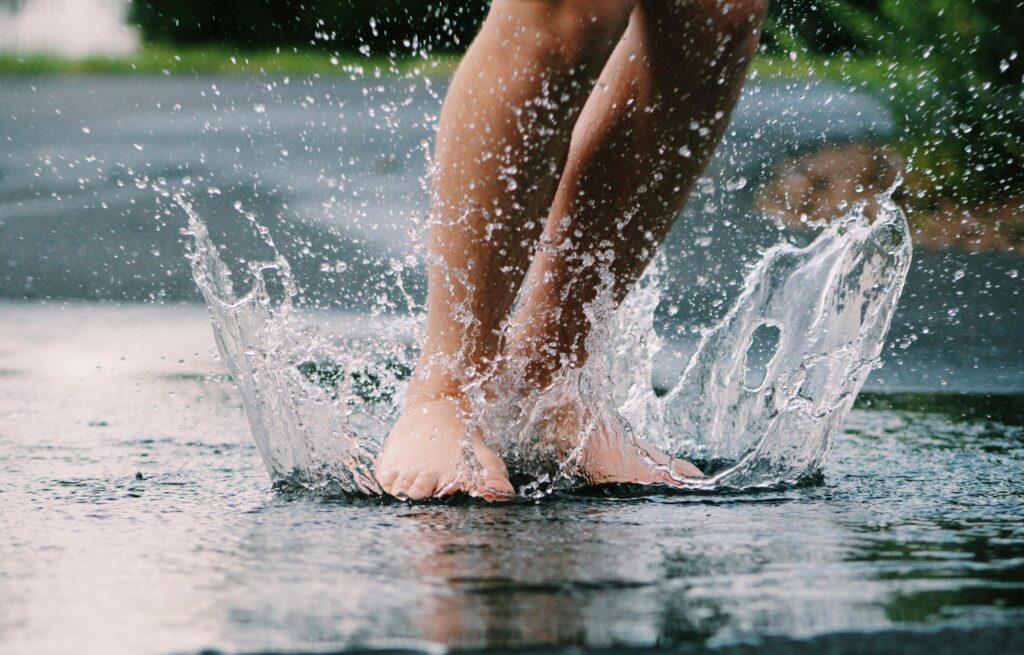
How UAE Utilizes Technology to Generate Artificial Rain
In recent years, the United Arab Emirates (UAE) has been at the forefront of innovation, especially when it comes to managing its weather patterns. How UAE Utilizes Technology to Generate Artificial Rain With the arid climate prevalent in the region, water scarcity has always been a significant concern. However, through cutting-edge technology and innovative approaches, the UAE has embarked on a journey to create artificial rain, a groundbreaking initiative that has garnered global attention. This article explores how the UAE is utilizing technology to generate artificial rain and its association with managing weather turmoil in Dubai.
The Quest for Water Security:
Water scarcity poses a significant challenge for the UAE, with its limited freshwater resources and growing population. To address this issue, the UAE government has been exploring various strategies to enhance water security, one of which involves artificial rainmaking. By augmenting natural precipitation through cloud seeding, the UAE aims to increase rainfall in targeted areas, thereby replenishing reservoirs and aquifers.
Cloud Seeding Technology:
At the heart of the UAE’s artificial rainmaking efforts lies cloud seeding technology. Cloud seeding involves the introduction of certain substances, such as silver iodide or potassium iodide, into clouds to facilitate the formation of raindrops. These substances serve as nuclei around which water vapor condenses, leading to the growth of cloud droplets and eventually precipitation. The UAE has invested heavily in research and infrastructure to deploy cloud seeding operations effectively.
Operational Framework:
Dubai, the bustling metropolis known for its skyscrapers and luxurious lifestyle, has also been susceptible to weather-related disruptions, including sporadic rainfall and extreme temperatures. In response, the UAE has implemented a comprehensive operational framework for artificial rainmaking, with a focus on monitoring weather patterns, identifying suitable cloud formations, and deploying cloud seeding aircraft or ground-based generators. These operations are conducted in collaboration with meteorological experts and specialized agencies to ensure optimal results.
Environmental and Ethical Considerations:
While artificial rainmaking holds promise in addressing water scarcity, it also raises environmental and ethical considerations. Critics argue that altering natural weather patterns may have unforeseen consequences, such as disrupting ecosystems or exacerbating weather extremes. Additionally, questions regarding the equitable distribution of water resources and the long-term sustainability of artificial rainmaking initiatives have been raised. As such, the UAE is mindful of striking a balance between technological innovation and environmental stewardship in its quest for water security.
Impact and Future Prospects:
Despite the challenges and debates surrounding artificial rainmaking, the UAE has witnessed tangible results from its initiatives. Reports indicate an increase in rainfall in targeted areas following cloud seeding operations, leading to enhanced water availability for agriculture, landscaping, and other purposes. Looking ahead, the UAE continues to invest in research and development to refine its cloud seeding techniques and expand the scope of artificial rainmaking projects. Moreover, the success of the UAE’s endeavors has sparked interest from other arid regions grappling with water scarcity, paving the way for international collaboration and knowledge exchange.
The UAE’s foray into artificial rainmaking exemplifies its commitment to leveraging technology for sustainable development and resilience against environmental challenges.By harnessing cloud seeding technology,”How UAE Utilizes Technology to Generate Artificial Rain” the UAE aims to mitigate water scarcity and manage weather turmoil, particularly in urban centers like Dubai. While the journey towards water security is not without obstacles, the UAE’s proactive approach serves as a beacon of hope for regions facing similar water-related predicaments. As the world grapples with climate change and its repercussions, initiatives like artificial rainmaking offer innovative solutions to safeguard our planet’s most precious resource—water.